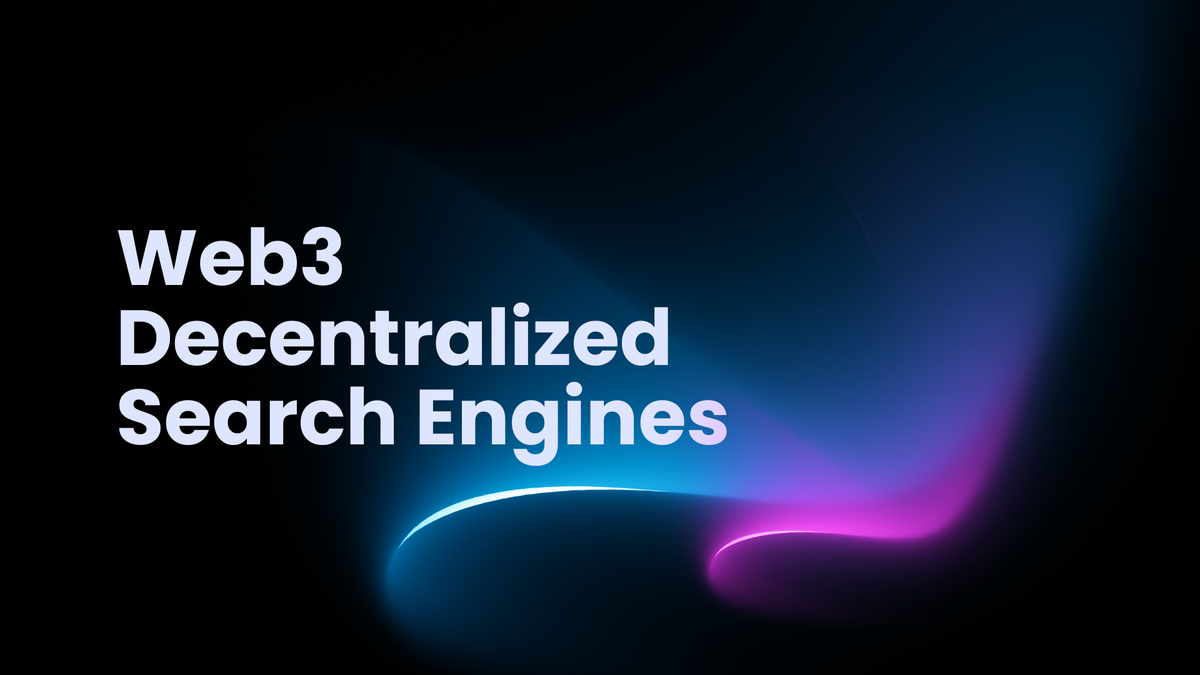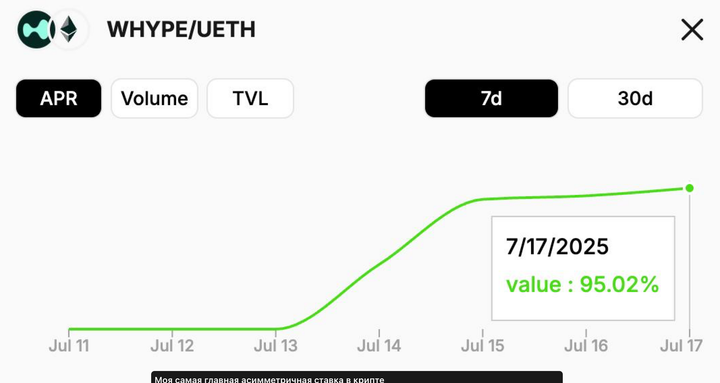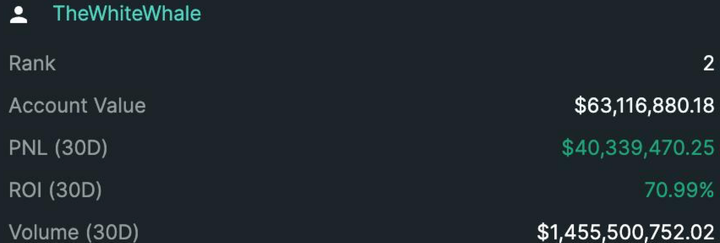Web3 Decentralized Search Engines

Introduction to Web3 and Decentralization
The internet is undergoing a dramatic transformation, from a centralized, corporate-controlled ecosystem (Web2) to a decentralized, user-empowered paradigm (Web3). Centralized search engines such as Google have long dominated the ways we access information, but concerns regarding data privacy, algorithmic transparency, and censorship have created a fertile environment for innovation. Web3, with its emphasis on decentralization, blockchain technology, and user empowerment, is ushering in a new generation of search engines that promise to upend the existing status quo.
At its core, Web3 leverages decentralized network architectures to distribute data storage, decision-making, and power away from a single controlling entity. With blockchain as a backbone technology, data integrity and provenance become verifiable and transparent. This paradigm shift is critical not just for finance and digital assets but also for how information is organized, discovered, and consumed on the internet.
Understanding Decentralized Search Engines
A decentralized search engine operates on the principles of distributed ledger technology (DLT) and peer-to-peer networking. Unlike centralized search engines that rely on a few massive servers owned and run by powerful corporations, decentralized search engines spread data indexing and query processing over a network of independent nodes. This design inherently reduces single points of failure while providing enhanced resistance to censorship and manipulation.
In a decentralized search engine, information is typically stored on blockchain networks or distributed storage systems. The data indexing, the process of organizing and making sense of vast amounts of web information, is handled by a community of participants rather than a profit-driven core team. It creates a transparent environment in which anyone can review or contribute to the underlying algorithms. This openness fosters trust among users because decisions regarding ranking and search result presentation are made based on community governance, rather than the opaque algorithms of centralized systems.
Another key characteristic is privacy. Users no longer need to worry about having their search history monetized or misused. Instead, interactions with a decentralized search engine are often encrypted and processed in a manner that respects and protects user data.
Key Components and Technologies
- Blockchain Integration: Blockchain technology forms the underlying fabric of decentralized search engines. By storing data on a tamper-proof ledger, blockchain ensures data integrity and verifiability, two qualities crucial for building trust in search results. Each piece of information is recorded with immutable timestamps, making it nearly impossible for malicious actors to alter historical data. This creates a strong foundation, ensuring that the search results remain consistent and historically accurate.
- Peer-to-Peer Networks: Decentralized search engines rely on a network of independent nodes rather than centralized data centers. Each node contributes to the overall indexing and ranking process. This peer-to-peer approach minimizes the risk of data monopolies, as no single entity controls the network. For example, projects such as YaCy have demonstrated the feasibility of a decentralized search network where nodes collaborate to form a distributed index, free from external censorship or typos that might arise in a centralized system
- Artificial Intelligence and Machine Learning: With the rapid evolution of AI, decentralized search engines are increasingly integrating machine learning algorithms to optimize query processing and result delivery. Models can be run on decentralized platforms such as Oraichain, which process large datasets in a verifiable manner while operating within a decentralized framework. This marriage of blockchain and AI may yield search results that are not only unmanipulated but also more context-aware and personalized for users. A notable example is the emergence of projects like Presearch: Presearch is designed to reward users with tokens for their search queries, thus integrating cryptoeconomic incentives into the search process. This integration of blockchain tokenomics and AI-driven search algorithms empowers users while ensuring the integrity of the search process.
Benefits Over Centralized Search Engines
- Enhanced Privacy and Security: Decentralized search engines are built with privacy in mind. Instead of storing user data centrally, which could be susceptible to breaches or misuse, data is distributed across numerous nodes. Users maintain better control over their data, and individual privacy is bolstered through encryption and decentralized storage protocols. This protects users from the common pitfalls of centralized data collection, where personal information is often commoditized.
- Transparency and Trust: Because the underlying algorithms and indexing methods are open source, users have greater transparency into how search results are generated. Anyone can review and audit the process, and community governance models often determine the ranking of results. This creates an ecosystem of trust where factors influencing search rankings are clear and accountable. Such transparency is a fundamental antidote to the “black box” nature of traditional search engines.
- Resistance to Censorship: Censorship is a growing concern on the internet, particularly when a handful of corporations control the flow of information. Decentralized search engines distribute control among many nodes, making it far more difficult for any single authority to censor or manipulate search results. This decentralized architecture ensures that users have unfettered access to information, which is critical for democratic discourse and free expression.
Notable Examples and Projects
Several projects are pushing the boundaries of what is possible with Web3 decentralized search engines. Below are a few notable examples:
- Presearch: One of the pioneers in the decentralized search space, Presearch integrates blockchain tokenomics with privacy-focused search. Users are rewarded with tokens, thus creating a symbiotic relationship between user engagement and network growth.
- Nebulas: Another innovative project, Nebulas, offers a developer-friendly framework designed to index blockchain data, making it searchable across various smart contracts and decentralized applications (dApps). Their approach allows for a more comprehensive search of blockchain-based data, thereby broadening the scope of what can be achieved with decentralized indexing.
- YaCy: An open-source, decentralized search engine, YaCy operates entirely on a peer-to-peer network. It uses distributed indexing and collaborates across nodes to produce search outcomes, demonstrating the viability of a fully decentralized system free from corporate influence.
Challenges Ahead
Decentralized search engines face challenges in scaling their distributed architectures, achieving search quality and relevancy comparable to centralized systems, ensuring a smooth and intuitive user experience for widespread adoption, and optimizing energy consumption across a dispersed network of nodes.
Conclusion
Web3 decentralized search engines represent one of the most promising innovations in today’s digital landscape. By leveraging blockchain technology, peer-to-peer networks, and AI, these new systems challenge the entrenched paradigms of centralized search. They emphasize user privacy, data integrity, and transparency, offering a robust counterpoint to traditional search engines dominated by a few powerful corporations.
While there remain challenges, such as scalability, maintaining search quality, and ensuring user-friendly interfaces, the potential benefits are immense. As developers and communities continue to experiment and innovate, the future of search is increasingly decentralized, open, and user-centric.
References
- https://manson.space/blog/decentralized-search-engine-web3/
- https://www.techopedia.com/how-will-web3-impact-search-engines
- https://presearch.org
- https://yacy.net
- https://www.blockchain-council.org/web-3/how-will-web3-impact-search-engines/
- https://ambcrypto.com/the-future-of-decentralized-search-powered-by-rss3s-index-oraichains-ai-and-pinlinks-infrastructure/
MITOSIS official links:
GLOSSARY
Mitosis University
WEBSITE
X (Formerly Twitter)
DISCORD
DOCS



Comments ()